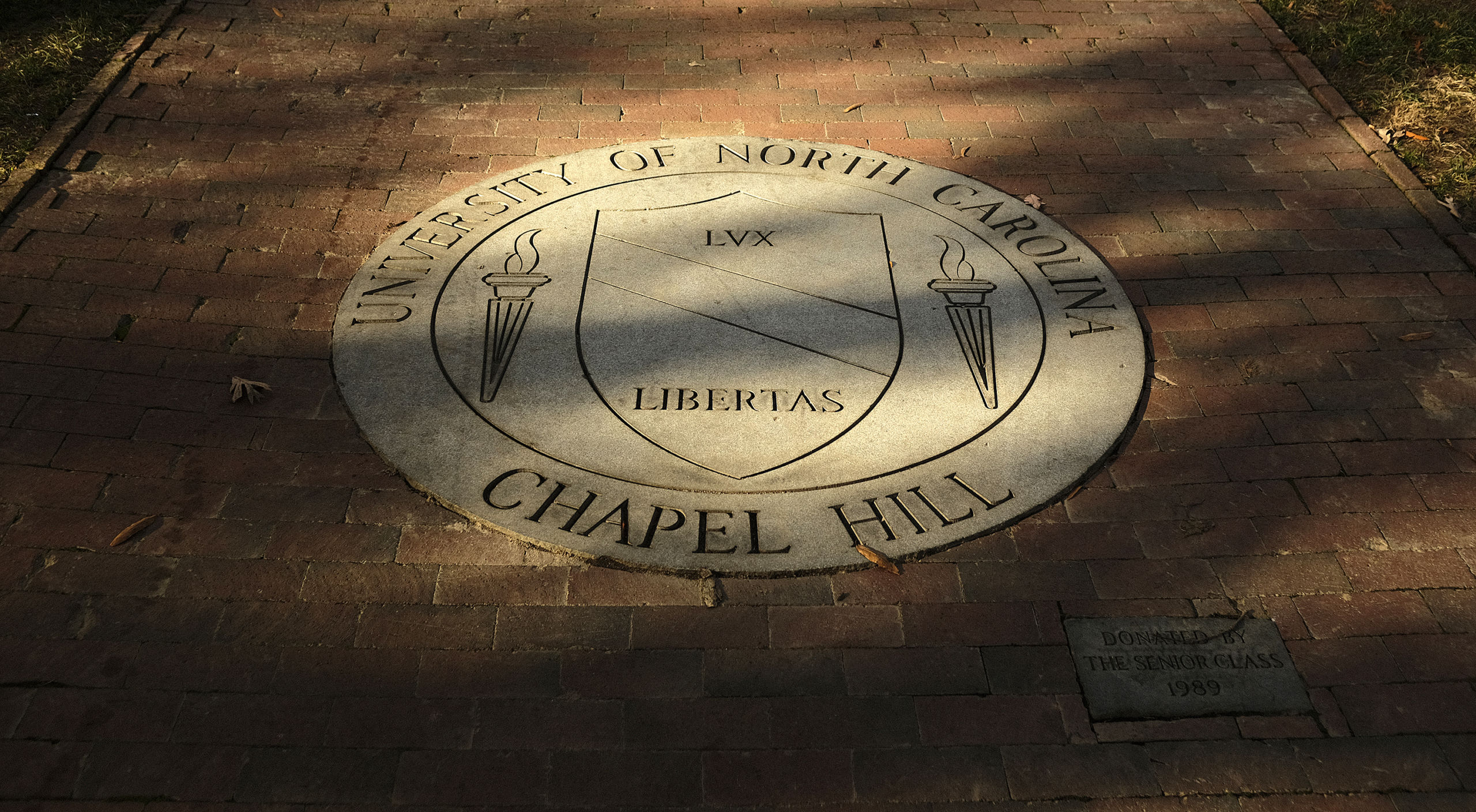- Membership
- Perks and Discounts
- Things To Do
- Resources
- News
- About
- Shop
Related Content
Judge Dismisses Students’ Lawsuit Seeking Refunds From COVID Campus Shutdown
Jan. 23, 2023
The State Court of Appeals ruled this week that a trial judge was correct in...
Read MoreLong Odds, Long Hours
Sept. 7, 2022
Amir Barzin ’06 and other Carolina health experts were handed the seemingly impossible job of...
Read MoreRestaurants Spent Summer Grappling With Labor Shortage
Aug. 20, 2021
When Crook’s Corner announced its sudden, unexpected closing in mid-June, co-owner Shannon Healy fielded condolence...
Read More-
2024
-
2023
-
2022
-
2021
-
2020
-
2019
-
2018
-
2017
-
2016
-
2015
-
2014
-
2013
-
2012
-
2011
-
2010
-
2009
-
2008
-
2007
-
2006
-
2005
-
2004
- Academics and Athletics
- Admissions
- Alumni Profiles
- Alumni Recognition
- Around Town
- Arts
- Books
- Campus Profile
- Campus Safety
- Carolina Alumni Awards
- Carolina Alumni Leadership
- Carolina Alumni Programs and Outreach
- Carolina Alumni Reunions
- Carolina Alumni Review
- Celebrations
- Championships
- College and Costs
- Commencement
- Coronavirus
- Discovery
- Extracurricular
- Faculty
- Faculty Awards
- For the People
- Go Heels
- Greek Life
- Hark the Sounds
- Higher Education
- Homecoming
- In Class
- In Memoriam
- Innovation and Technology
- Issues
- Object Lesson
- On View
- Our Treescape
- Philanthropy
- Podcast
- Public Service
- Race and Reckoning
- Research
- Sexual Assault
- Silent Sam
- Sports
- Structures
- Student Achievement
- Students
- Timelines
- Tuition and Financial Aid
- UNC Libraries
- UNC’s History
- Undergraduate Spotlight
- University Achievements
- University Awards
- University Budget Issues
- University Development
- University Leadership
- University News
- University Rankings
- What We Do
- Who We Are
- Young Alumni
- Yours at Carolina
UNC Helps Launch Consortium for Anti-Virus Drug Discovery
Posted on April 8, 2020
The Rapidly Emerging Antiviral Drug Development Initiative will adopt extreme open science methods — sharing drug discovery progress in real time so that as many people as possible can benefit. (Grant Halverson ’93)
The University and its Eshelman Institute for Innovation, in collaboration with the Structural Genomics Consortium, a partnership devoted to science relevant to drug discovery, have announced the launch of a global organization aimed at discovering and developing drugs to put “on the shelf” for clinical trial testing in anticipation of future viral pandemics.
 The Rapidly Emerging Antiviral Drug Development Initiative is modeled after a proven model for nonprofit drug research and development known as DNDi. READDI projects will adopt extreme open science methods — sharing drug discovery progress in real time so that as many people as possible can benefit.
The Rapidly Emerging Antiviral Drug Development Initiative is modeled after a proven model for nonprofit drug research and development known as DNDi. READDI projects will adopt extreme open science methods — sharing drug discovery progress in real time so that as many people as possible can benefit.
“The COVID-19 pandemic highlights the need for the world’s top researchers and drug discoverers to work together to invent new therapies,” said Structural Genomics CEO Aled Edwards. “We should have done this decades ago, but READDI has the potential to make sure we are never caught off-guard again.”
Chancellor Kevin Guskiewicz said: “We are proud to help launch READDI. We are also proud of the three schools, the Eshelman School of Pharmacy, the School of Medicine, and the Gillings School of Global Public Health, that created this concept and will be collaborating closely. It is uniquely structured to innovate for the public good, just as we do at Carolina. Through this initiative, researchers will be able to create new therapies that will help people live longer, healthier lives.”
Structural Genomics’ research is conducted at several sites around the world, and all its material and intellectual output is placed in the public domain for use without restriction. The SGC laboratory in the U.S. is in UNC’s Eshelman School of Pharmacy.
The Eshelman Institute for Innovation was created in 2014 to accelerate the creation and development of ideas leading to discoveries and transformative changes in education, research and health care. It has become a translator of new scientific ideas into real world outcomes.
More at READDI.org and unceii.org/impact.
© 2024 Carolina Alumni
